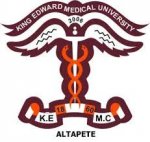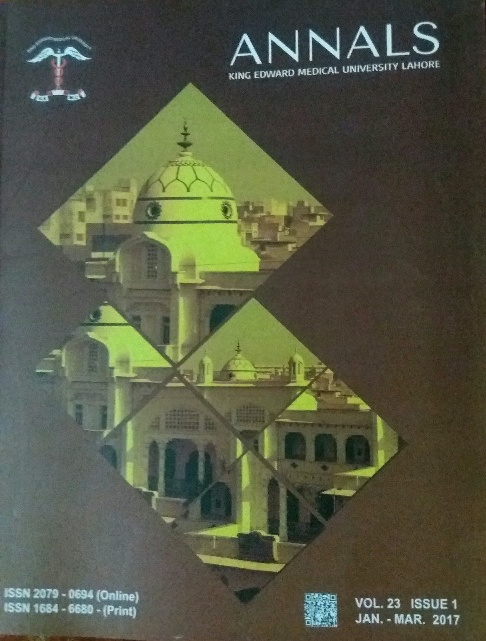Abstract | Most complications associated with the use of arteriovenous fistula (AVF) access site for hemodialysis can be prevented by adopting a daily self-care plan for AVF access site. Therefore, the aim of this study was set to assess the knowledge, attitude and practice (KAP) about self-care of AVF access site amongst end stage renal disease (ESRD) patients who are on maintenance hemodialysis.
Methods: This comparative cross sectional study with quantitative approach was carried out in hemodialysis unit of Shalamar Institute of Health Sciences, Lahore for the month of July, 2017. All patients with ESRD, on maintenance hemodialysis through an AVF access for at least last 30 days, were included in the study. Each patient was given a questionnaire comprising of 21 questions during his/her routine dialysis. Knowledge of ESRD patients was categorized into poor (<50%), average (50-70%) and good (> 70%).
Results: Out of 138 patients, 94% had good knowledge about AVF self-care and 99% had good attitude about AVF access care. However a few practices like daily AVF thrill checkup, pre-hemodialysis AVF site washing and pre and post hemodialysis disinfection were not in correspondence with the level of knowledge representing a discrepancy between knowledge and practice in some aspects of the of the AVF care. Knowledge scores when compared between different age groups, greater proportion of patients between age of 45-65 (p<0.017) possessed good knowledge as compared to age groups of 25-45, 65-85 years.
Conclusion: Despite good understanding and adequate attitude, few practices were not being followed in parallel to the knowledge acquisition. Therefore, regular reminder and periodic evaluation of practical aspects of AVF care is recommended for each ESRD patient visiting for hemodialysis.







